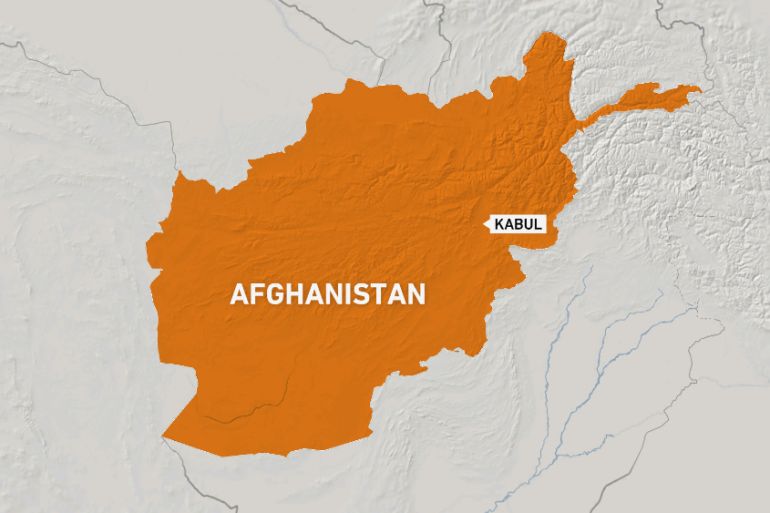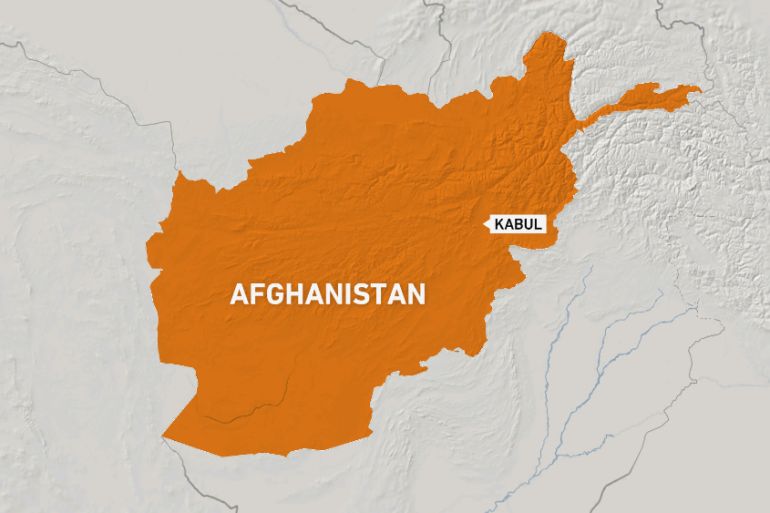Powerful earthquake rocks eastern Afghanistan, at least 10 killed
Toll likely to rise, with significant damage reported across mountainous region in eastern Afghanistan, sources say.

Published On 1 Sep 20251 Sep 2025
A magnitude 6.0 earthquake has struck eastern Afghanistan, with early reports indicating that at least 10 people were killed and 20 others injured, according to sources.
The tremor shook the Kunar and Nangahar province at about midnight local time on Monday, local sources told Al Jazeera, with significant damage reported across several districts in the mountainous regions.
Recommended Stories
list of 4 itemsend of list
The sources said the toll was preliminary and that figures are likely to rise as assessments continue.
The United States Geological Survey said the 6.0 magnitude quake was centred 27 kilometres (17 miles) east of the city of Jalalabad in the Nangahar province. It happened at a depth of just 8 kilometers (5 miles).
A short while later, another 4.5 magnitude tremor occurred near Basawul in Nangahar.
Al Jazeera’s Kamal Hyder, reporting from the city of Lahore in Pakistan, said the effect of the earthquake was felt in a vast area of the neighbouring country too, including its Khyber Pakhtunkhwa and Punjab provinces.
“Reports from Afghanistan’s Kunar indicate entire villages have been wiped out, people are under the rubble and rescue operations are underway,” he said.
“Kunar is an impoverished and mountainous region. The houses there are very vulnerable, built of mud and rocks. So they would not be able to withstand this particular earthquake, given the fact that this was shallow. It also happened late in the night, when a lot of people were inside their homes,” he said.
Hyder added that access to Kunar is difficult and that communications there appear to be down at the moment.
Advertisement
Experts meanwhile say the affected area is in a region that is prone to large earthquakes.
“It’s a very tectonically active area at the junction of the Indian and Eurasian tectonic plates, and the Indian plate is moving northwards and sliding past parts of Eurasia,” said Chris Elders, emeritus professor at the School of Earth at Planetary Sciences, at Curtin University in Western Australia Elders said.
It is an area that “also has quite a high population density and an area that’s very mountainous,” meaning that earthquakes there often also trigger landslides, he said.
“It’s not only the buildings that will shake and become unstable, but the hillsides will also shake and become unstable, and that is what triggers the landslide,” he added.
